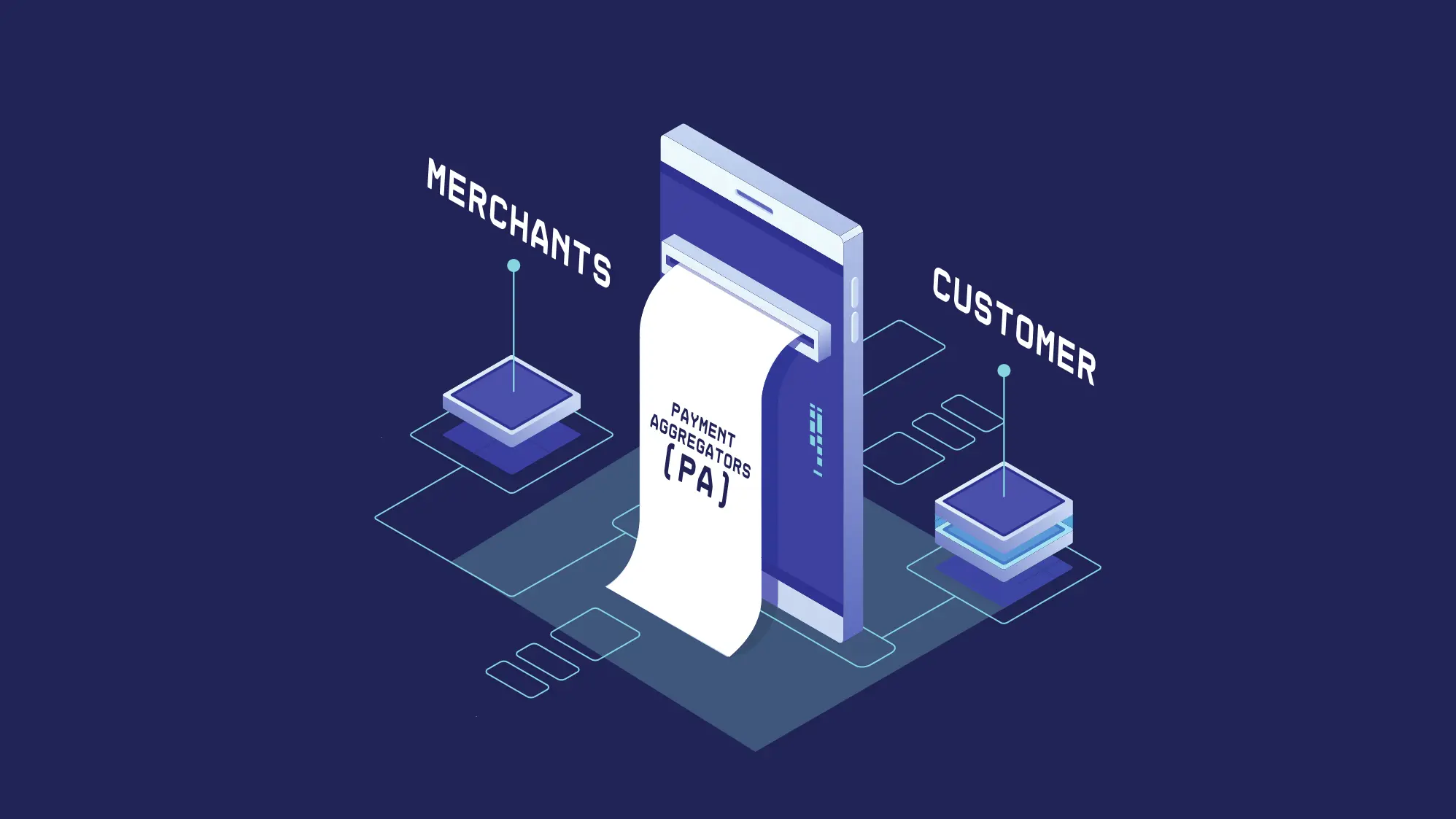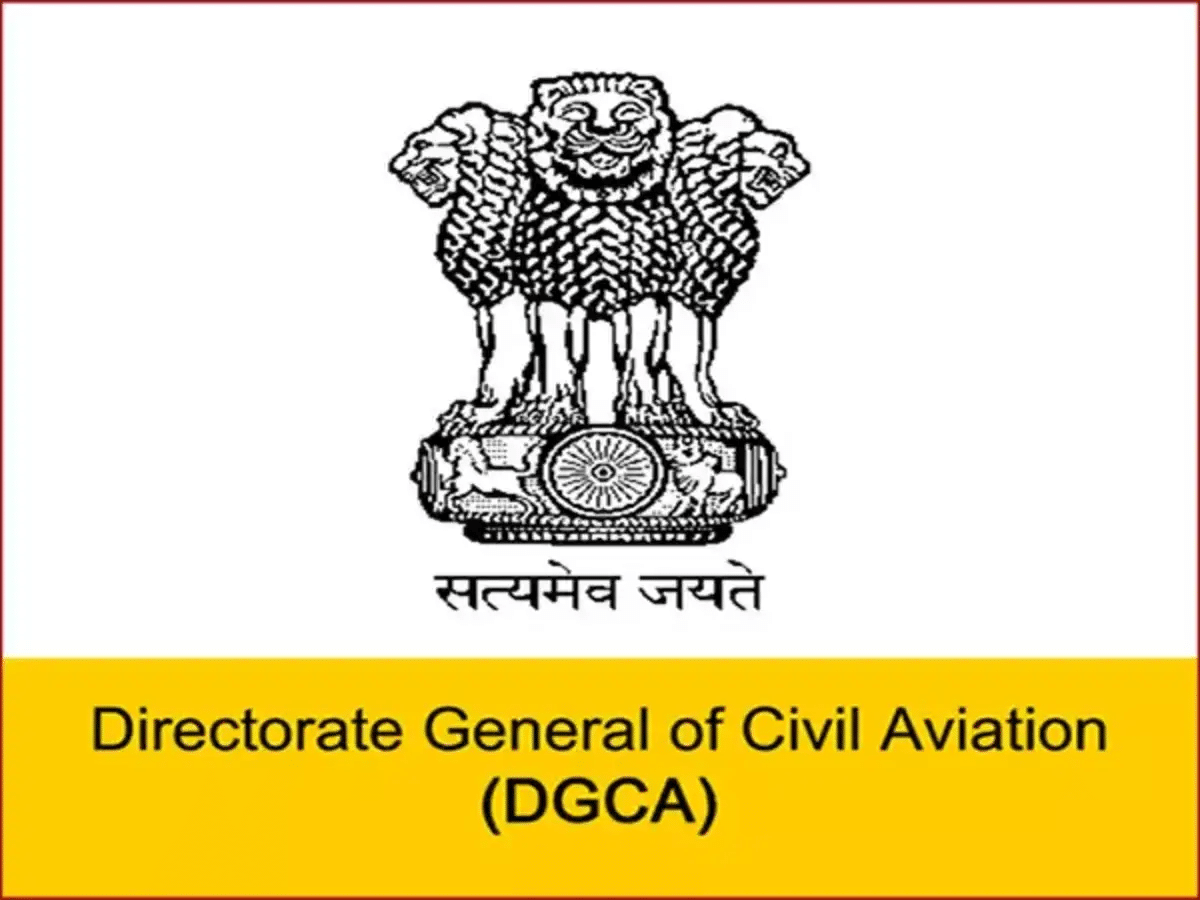About Payment Aggregator (PA):
- A PA (also known as a merchant aggregator) is a third-party service provider that allows merchants to accept payments from customers by integrating it into their websites or apps.
- PAs enable their clients to accept various payment methods such as debit cards, credit cards, cardless EMIs, UPI, bank transfers, e-wallets, and e-mandates.
- PA provides a stack of multiple payment methods to merchants so that their customers can payusing their preferred mode of payment.
- Also, a payment aggregator does fund settlement, i.e., it moves the money from banks and other issuing entities to the merchants.
- Similarly, they also enable disbursing payments to various stakeholders, such as partners, employees, suppliers, and authorities.
- It allows merchants to accept bank transfers without setting up a bank-based merchant account. It means a merchant need not have a merchant account directly with the bank.
- A PA in India is incorporated under the Companies Act 2013.
- A PA can be a bank or a non-bank entity.
- Since a PA handles funds, it requires a license from the RBI.
- Only non-bank PAs require unique authorization from RBI as ‘handling funds’ is considered a part of the normal banking relationships for bank PAs.
- Examples: Amazon (Pay) India, Google India, Razorpay, Pine Labs, etc.
What is a Payment Gateway?
- It is a software service that connects your bank account to the platform where you need to transfer your money.
- It authorizes you to conduct an online transaction through different payment modes like net banking, credit card, debit card, UPI, or other online wallets.
- A Payment gateway plays the role of a third party that securely transfers your money from the bank account to the merchant’s payment portal.
Payment Aggregator v/s Payment Gateway:
- A payment gateway is a software that allows online transactions to take place, while a payment aggregator is the inclusion of all these payment gateways.
- While a payment gateway is an intermediary, the payment aggregator is the interface where the payment gateway processes the transactions.
Most payment aggregators own payment gateways to offer various exclusive services to their merchant customers.
Q1: What Is a Merchant Account?
A merchant account is a business bank account created and used for business purposes where companies can make and accept payments. For example, a Merchant account enables a business to accept credit or debit card payments and facilitate payment deposits through multiple other payment methods. Merchant accounts require a business to partner with an acquiring bank or a merchant account provider that facilitates an electronic payment transaction.
Source: RBI’s latest recommendations to regulate payment aggregators in offline spaces | Explained
Last updated on November, 2025
→ Check out the latest UPSC Syllabus 2026 here.
→ Join Vajiram & Ravi’s Interview Guidance Programme for expert help to crack your final UPSC stage.
→ UPSC Mains Result 2025 is now out.
→ UPSC Notification 2026 is scheduled to be released on January 14, 2026.
→ UPSC Calendar 2026 is released on 15th May, 2025.
→ The UPSC Vacancy 2025 were released 1129, out of which 979 were for UPSC CSE and remaining 150 are for UPSC IFoS.
→ UPSC Prelims 2026 will be conducted on 24th May, 2026 & UPSC Mains 2026 will be conducted on 21st August 2026.
→ The UPSC Selection Process is of 3 stages-Prelims, Mains and Interview.
→ UPSC Result 2024 is released with latest UPSC Marksheet 2024. Check Now!
→ UPSC Prelims Result 2025 is out now for the CSE held on 25 May 2025.
→ UPSC Toppers List 2024 is released now. Shakti Dubey is UPSC AIR 1 2024 Topper.
→ UPSC Prelims Question Paper 2025 and Unofficial Prelims Answer Key 2025 are available now.
→ UPSC Mains Question Paper 2025 is out for Essay, GS 1, 2, 3 & GS 4.
→ UPSC Mains Indian Language Question Paper 2025 is now out.
→ UPSC Mains Optional Question Paper 2025 is now out.
→ Also check Best IAS Coaching in Delhi

















